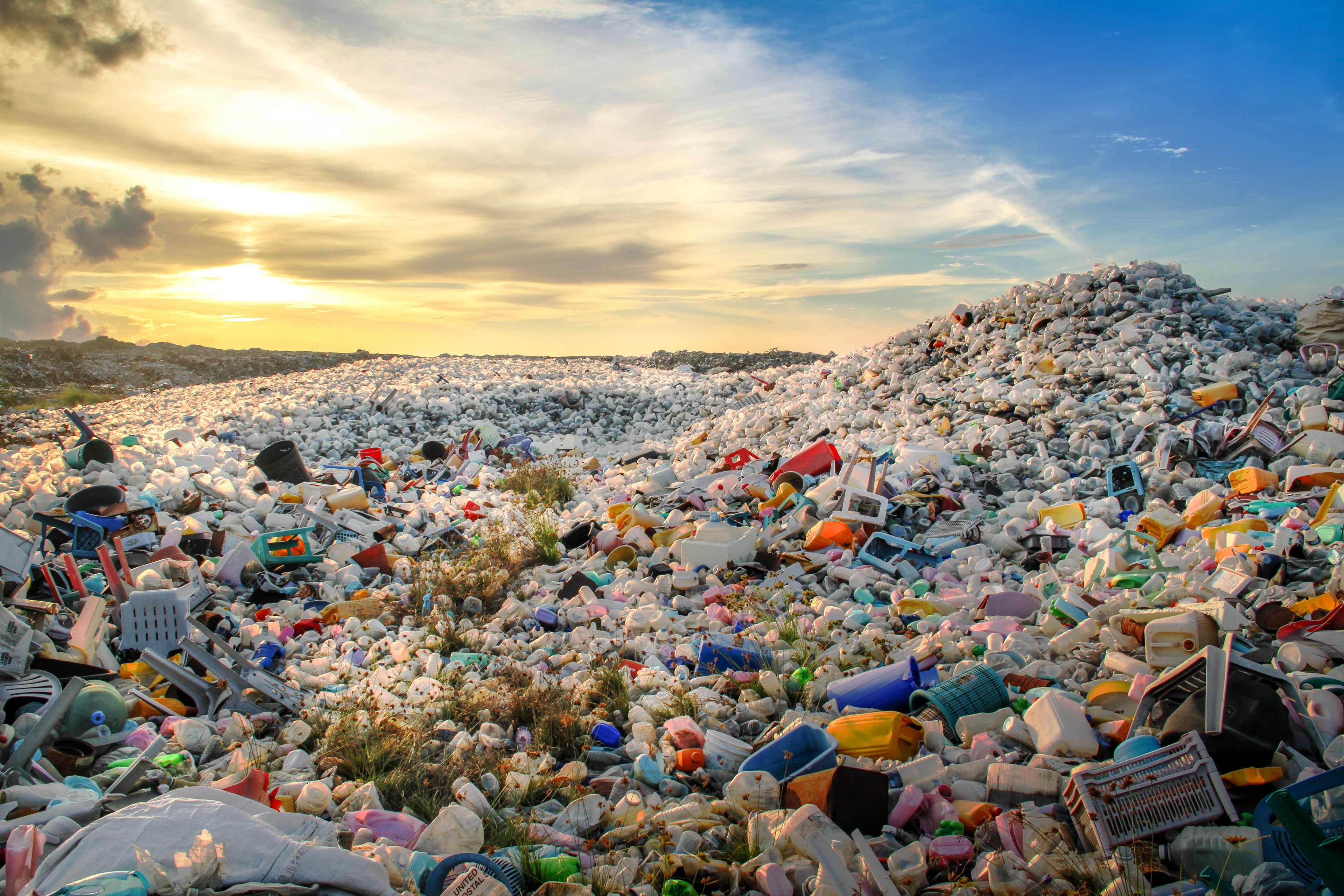Whether your company has been working with a manufacturer for years or you’re on the hunt for a new partner, introducing recycled ocean plastic into the equation requires an additional round of due diligence. Since relatively few manufacturers have experience with ocean plastic, it’s important to investigate their openness to the material and preparedness for handling it.
Asking the right questions upfront can uncover some potential red flags and prevent both parties from going too far down the path if major issues seem likely. To get a full picture of a manufacturer’s profile when it comes to working with ocean plastic, here are five questions to ask and what to look for in their answers:
1. Are you willing to run high-quality recycled ocean plastics through your machinery?
The first question is a straightforward way to frame the conversation: Are you willing to run high-quality, recycled ocean plastics through your machinery?
If they answer in the affirmative, you know you’re dealing with an amenable potential partner. Their openness to give it a try is a good early indicator that a match may be possible.
But an initial negative response isn’t necessarily a dealbreaker. If they say they aren’t interested, follow up by inquiring as to why they’re not open to the idea, starting with the next question.
2. Have you worked with recycled plastic before?
Sometimes manufacturers take a negative view of working with ocean plastic because they’ve previously had troublesome encounters with recycled plastic and don’t want to go down that road again. So come right out and ask them if they’ve worked with the material before.
If their reply is anything but glowing reviews of their previous experience working with recycled material, delve further into the details. What specifically went wrong? Did the final product not meet quality requirements? Did the material damage their equipment? Were there negative cost implications for working with recycled plastic?
These details shed light on whether the manufacturer just had a “bad date” with recycled plastic or an ongoing terrible relationship. The former can be overcome, but the latter may be a sign to turn elsewhere for a manufacturing partner.
If a manufacturer hasn’t worked with recycled plastic before but still doesn’t seem excited about the prospect of doing so, dig into what their concerns may be. What do they think will be the biggest issue of completing a sample run using this material?
Whether or not a manufacturer has previously worked with recycled materials, you may be able to alleviate a manufacturer’s concerns by explaining the quality and testing regimen that material must undergo to become an Oceanworks Guaranteed material.
3. What is your experience with imports?
Since your ocean plastic feedstock will most likely originate in a different nation than where your manufacturer’s plants are located, your manufacturer’s ability to get the material into the country is another key barometer of their compatibility. You’ll want a manufacturer with the connections and experience to ensure smooth sailing from supply port of departure to manufacturing facility.
Find out whether your manufacturer has a successful track record for importing plastic (either virgin or recycled) into the country. What issues do they usually encounter? How have they overcome trouble with this process in the past? Which nations of origin have worked well, and which have caused problems for them?
This information not only helps you assess this particular manufacturer’s dexterity at navigating regulatory and political realities, but it could also indicate that a particular country may not be the best choice for manufacturing if importation will consistently be a troublesome, expensive affair.
4. What kind of tooling will you use for sample runs?
Reputable, veteran manufacturing facilities are unlikely to run a brand new material through their production line without properly assessing any potential problems it might cause. That means that a sample run will likely be conducted in a test environment.
Ask the manufacturer what type of test tooling they’ll use for the sample runs. Make sure the output of those tests is somewhat comparable to what the manufacturer will be asked to produce for your products. You want to be sure it’s an apples-to-apples comparison that truly indicates a good match and is sure to meet your requirements.
You should also inquire as to how the manufacturer will use the sample run to ascertain what modifications they might make to their manufacturing process based on the performance of the ocean plastic feedstock during the test. If they don’t seem to have a baked-in process for this step, they may not have the attention to detail and rigorous quality standards you’re looking for.
5. Do you have experience with blending materials?
The final set of questions pertains to the manufacturer’s experience working with blended plastics. This is particularly relevant for an ocean plastic engagement, as some products require a combination of virgin and ocean plastic to achieve desired properties and performance. Another reason blending may be useful in the production process is that it can help achieve cost targets.
A manufacturer’s competency in blending materials is vital, as the wrong proportions could easily result in products that are too brittle, too pliable, less temperature resistant, or even the wrong color. So you’ll want to make sure the manufacturer has past experience with this process.
Cast a wide net
Even if your company has existing relationships with manufacturers, asking these questions of your current manufacturers is a worthwhile exercise. You might discover that one of your manufacturers is better suited to work with ocean plastic than another, or you could learn that a new manufacturer is really a better fit.
Regardless of the outcome, these conversations are an important step to ensure that the introduction of ocean plastic into the manufacturing process goes smoothly and that everyone involved can participate in managing risks and expectations en route to producing a sustainable product that you can be proud of.
